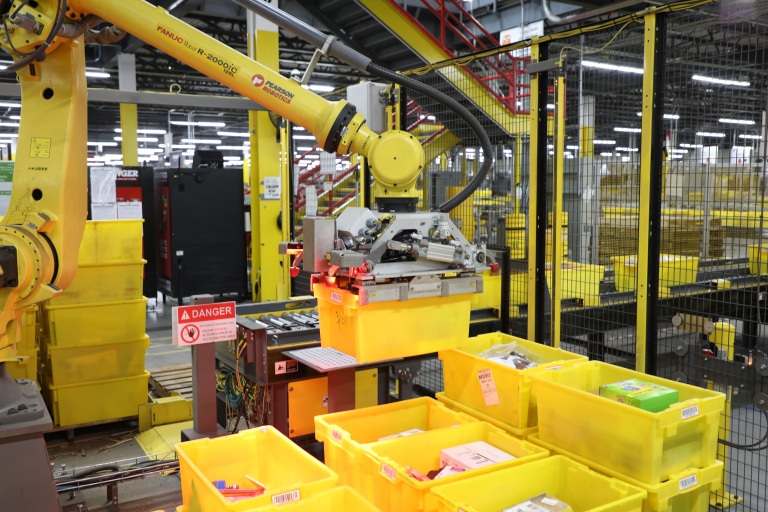
A recently published ACAS report has examined who will win and who will lose as technology continues to impact on the world of work. It is a fascinating read.
It is inevitable that, whilst new jobs will be created in tech hubs in cities like London, a worrying trend of job loss announcements will follow. To add to that depressing thought, the labour share of national income will continue to decline and most of the jobs that are lost to technology are likely to be lost in the already poorer areas. It has just been reported that Amazon has deployed more than 200,000 warehouse robots working in around 50 of its locations. Whilst Amazon says that it would never reach the point where its warehouses could be fully automated it is difficult to see it not signalling a huge impact on the labour market. Call-centre or distribution warehouse work is prime for automation.
As well as potential wholesale job losses there will need to be an awareness of the stress that is likely to be created with new technology increasing work intensification and social isolation. Technology already enables employees to receive information and work remotely which can save time and enable improved productivity (remote working increased by a fifth between 2005-2015). But what should be done to protect against exposure to technology stressors? It can invade our privacy and sense of personal space. Are employees always ‘on’ and never ‘off’? Is a lack of human interaction positive for mental health? Is the line between work and home life becoming too blurred? These are questions that businesses really need to address. One answer may be to do what France has done. It recently passed into law a “right to disconnect” that requires companies to negotiate with employees on their rights to switch off from email enabled devices and other communications out-of-hours.
As technology continues to impact and replace the work that humans have undertaken, it is obvious that the kind of skills that are valued by the labour market are very likely to shift. Workers performing routine tasks such as driving and low to medium skilled workers in administrative, retail or manufacturing work may need to find a different skills base. In contrast, there will be a growing premium on interpersonal, creative, strategic leadership and high technical skills. The ACAS report quotes the International Labour Organisation which has given a clear message that the most important skill of all in the future will be an “aptitude for lifelong learning.”
The ACAS report covers some of the issues that will arise with artificial intelligence (AI). If AI is going to be used to make fair and just decisions on behalf of employers then there ought to be a unified vision of what we think is fair and just. Whilst machines might be capable of removing human biases from recruitment, performance reviews and other processes if done carefully, if used without enough thought for the possible consequences, AI algorithms could instead embed and magnify biases. It must follow that however clever AI models become, they will never lose their reliance on human input?
It is very interesting to predict what the world of work will look like in 10 to 20 years’ time. Predictions about the future of work are, however, often based upon extremes of what might happen, such as technology-driven job losses, and old templates of work organisation that are so familiar and comforting we can’t shake them off. Whatever happens in the future we all need to be ready, able and willing to change.
